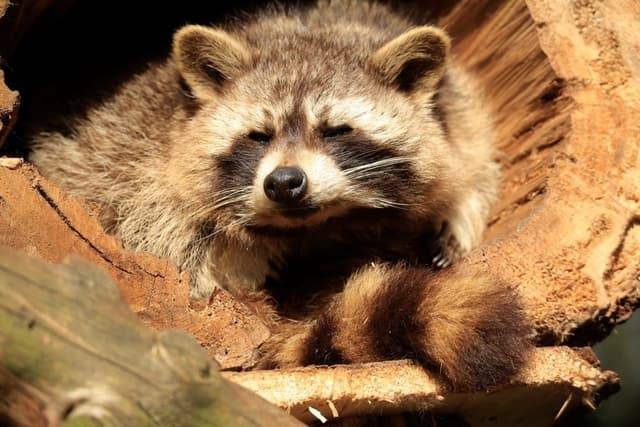Raccoons are a top vector for rabies and its transmission to humans. Thankfully, this is becoming more and more a rare occurrence throughout Canada. Unlike other nations in North America, the Canadian government has done a thorough job of passing regulations throughout provinces concerning the removal and control of wild animals. Hire a raccoon removal service in Toronto is the best option. With this being said, there are still cases of rabid raccoons that pop up every now and again. No matter what behavior a raccoon is exhibiting, it is crucial to call a raccoon removal specialist at the first sighting of a raccoon invasion within your yard. This will ensure that there is no possibility of the animals, either normal or rabid, from even attempting to spread the disease to yourself, your loved ones, or your pets.
According to the Canadian government, “Since reporting began in 1924, a total of 25 people in six provinces have died of rabies in Canada.” This represents a history of rabies throughout Canada, but the great thing about this number is how small rabies cases are throughout Canada recently due to tightly controlled regulations. One of the primary animals to carry rabies throughout the country is indeed the raccoon. Raccoons live their lives in the wilderness and due to their taxonomy and size, the animals possess an aggressive nature to adequately defend themselves from predators. Still, there are instances where bats (the number one carrier of rabies) can attack raccoons and this makes the problem potentially dangerous for humans since raccoons frequent yards and homes in search of food.
In Ontario, cases of rabid raccoons are significantly decreasing. Much of this is due to Ontario regulations related to wildlife removal. Attempting to remove a raccoon on your own is against regulations and this is for good reason. The animals are certainly a nuisance, particularly when they continue to ransack waste bins, but it is important to avoid attempting to confront a raccoon simply for the reason that the raccoon in question could have rabies. When threatened, a raccoon will almost always attack another animal or a human being. Scratching and biting are the two defenses that raccoons use the most often. A scratch and bite from a rabid animal will almost always transmit the disease to another animal or a human.
With this being said, even with a decrease in cases, rabid raccoons in Ontario represent the largest intake of cases regarding rabies from raccoons. With these statistics, it is crucially important to keep the trend in decline. Although these animals can be a particularly enraging nuisance, never approach a raccoon. Keep your trash bins strapped and sealed and consult a raccoon removal specialist to remove the animals from your property. A raccoon will almost always lash out and attack when it feels threatened, this is how human beings contract rabies. A removal specialist can deter any attacks from rabid raccoons and can safely remove the animals from your home. Help keep the trend in decline.

